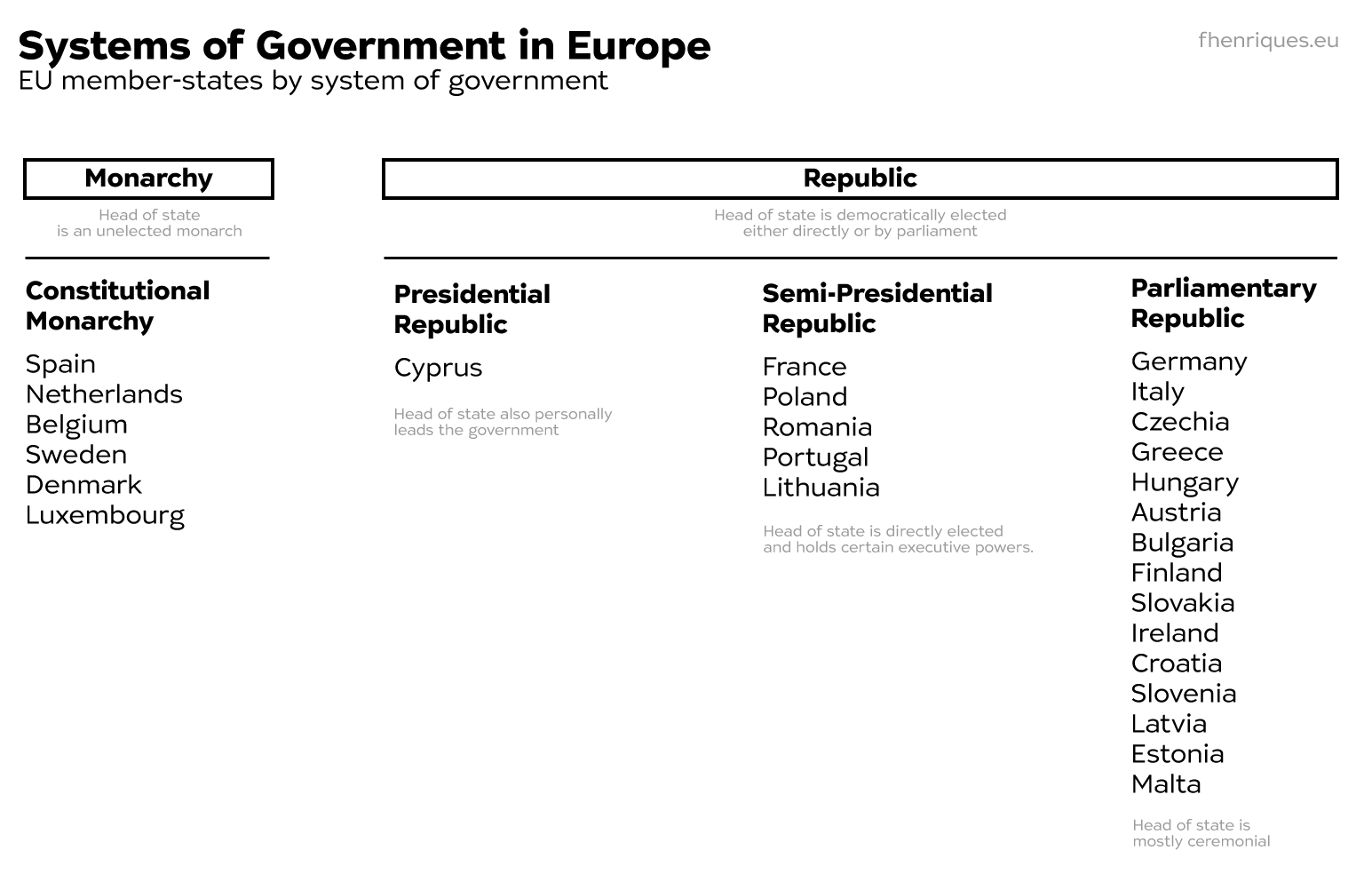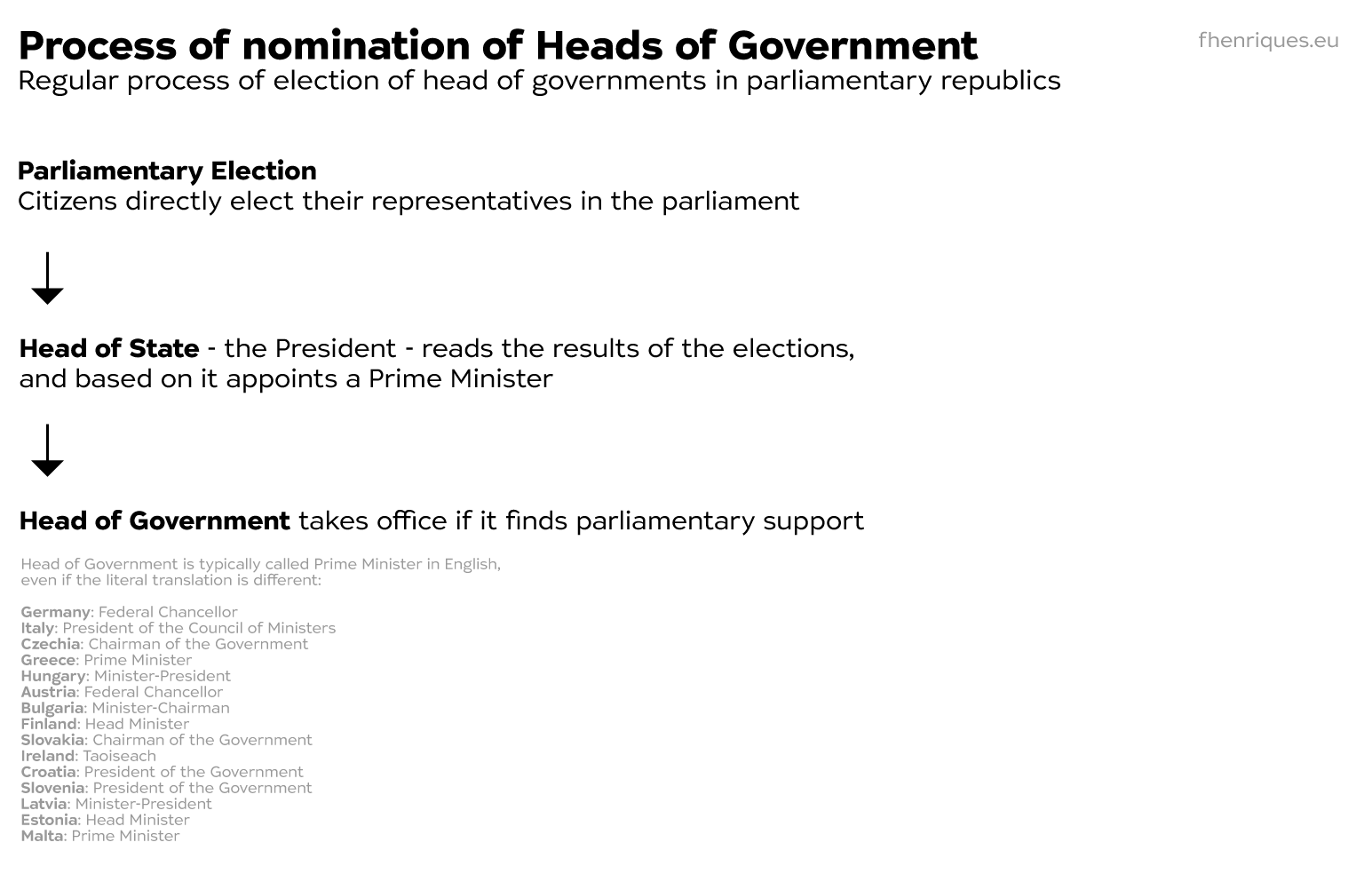[ad_1]
Because it was launched a decade in the past, the selection of the “Spitzenkandidaten” for the Fee presidency forward of the EU elections has typically been characterised as each technocratic and pointless. However the EU is not any absolute monarchy: in democracy, decisions are made via political compromise.
Within the period of social media and infotainment, each political battle is narrated as a closing reckoning that can both clear up all issues or finish the world. EU democracy, after all, is just not proof against this maximalism. A superb instance of this pattern is the controversy surrounding the lead candidate course of, via which European political events nominate their contenders for the Fee presidency forward of the EU elections. In 2019, when Ursula von der Leyen obtained the EU’s high job as a substitute of Manfred Weber, the chosen candidate of the centre-right European Folks’s Social gathering (EPP), all the course of was pronounced lifeless.
And but, 5 years later, it’s alive and nicely. The Socialists have lately nominated Commissioner Nicolas Schmit; the Greens have elected their lead candidate duo, MEPs Terry Reintke and Bas Eickhout; the Liberals and the Left are anticipated to make their selection quickly; and the EPP will possible assist Ursula von der Leyen for a second mandate. Within the subsequent months, lead candidates will marketing campaign throughout Europe on an electoral manifesto that unites their political household.
Clearly, the lead candidate course of was extra resilient than some anticipated. However is it additionally democratic?
Longstanding scepticism
Most states within the EU are primarily based on parliamentarism, which means that the parliament is on the centre of politics. The pinnacle of state – a president or a monarch – has restricted powers, and the federal government derives its democratic legitimacy from the parliament.

In parliamentary programs inside the EU, heads of presidency (whether or not they’re known as prime minister, minister-president, president of the federal government or of the council of minister, chancellor, or taoiseach) aren’t elected into workplace immediately by “the individuals”, however appointed by the pinnacle of state, often after consulting the parliament.

The European Union can be a parliamentary system. The Fee president is the pinnacle of presidency, commissioners are the equal of presidency ministers, and the powers of the pinnacle of state lie with the European Council, which brings collectively the 27 nationwide leaders.
That the names and roles of those establishments are generally complicated is just not by likelihood. As with many issues in European politics, the present institutional set-up is the results of compromise between those that wished to construct a European democracy and people, led by always-eurosceptic Britain, who most popular a European technocracy below the management of nationwide powers. For each step that introduced us nearer to a extra full European democracy, the advocates of nationwide sovereignty made certain to make the method extra obscure. Sure, Europe might have its personal authorities, however it could be known as a Fee and have restricted authority. Positive, Europe might have its elected parliament, however with out the ability to immediately provoke laws.
For each step that introduced us nearer to a extra full European democracy, the advocates of nationwide sovereignty made certain to make the method extra obscure.
In relation to the election of the European Fee president, nonetheless, the method is in all respects much like its nationwide equal: EU residents vote within the European elections, the European Council proposes a candidate primarily based on the end result, after which the European Parliament approves it.
In 2014 one thing modified. The lead candidate system was launched to determine a clearer hyperlink between nationwide events of the identical European political household, EU elections, and EU establishments. European-level political events introduced their candidates for President of the European Fee forward of the vote and despatched them campaigning throughout Europe.
The EPP and the Socialists chosen Jean-Claude Juncker and Martin Schulz as their lead candidates. Smaller events just like the Liberals, Greens, and Left additionally selected their contenders. The EPP gained the election, the principle political events agreed on a brand new grand coalition, and Juncker grew to become President of the Fee. The method was repeated in 2019 with Manfred Weber (EPP) and Frans Timmermans (Socialists) as the highest contenders for the presidency. The Liberals, Greens, Left and now additionally Conservatives adopted go well with with their nominees. Ultimately, the EPP’s von der Leyen obtained the job, and obituaries for the entire course of began to seem.
The method had been surrounded by scepticism even earlier than 2019. As soon as once more, language was a part of the issue: many within the EU bubble and nationwide media circles use the German “Spitzenkandidat” as a substitute of the equal of their respective European language – lead candidate, candidat tête de liste, capolista, candidato principal, czołowy kandydat, and so forth. This contributed to creating the method sound sophisticated and inaccessible to EU voters.
In 2019, what introduced von der Leyen to the helm of the Fee was not the failure of the method, however democratic parliamentarism in motion. In contrast to his predecessor, Weber was incapable of uniting a majority round him. Socialists and Liberals, and even components of his personal political household, didn’t belief him to turn into Fee president. This, along with the truth that the EPP had gained the elections and that the Socialists refused to work in the direction of discovering another majority, meant that the EPP was pressured to discover a totally different candidate.
One thing related had occurred in Italy after the 2013 and 2018 elections. In each instances, the lead candidates of the events that gained the elections – the centre-left’s Pier Luigi Bersani and Luigi di Maio of the 5 Star Motion, respectively – didn’t discover a majority to kind a authorities, resulting in Enrico Letta and Giuseppe Conte changing into prime ministers. Italian democracy didn’t finish due to this, and neither did European democracy in 2019.
Democracy in progress
Since 1979, when the primary European elections passed off, European democracy has advanced in small steps. The lead candidate system is considered one of them, and it’ll proceed working because it has completed for greater than a decade.
To organize for enlargement within the Western Balkans and additional east within the subsequent decade, the EU must strengthen its democratic achievements and turn into extra reflective of its variety.
Identical to nationwide democracies, European democracy continues to be flawed. EU election campaigns are nationally minded, European political events don’t get sufficient media consideration, and their inside processes for selecting lead candidates are sometimes untransparent or not consultant of the Union’s variety. The truth that most lead candidates for June’s elections come from both Germany or the Benelux (as was the case in earlier elections too) exhibits that the method is managed by occasion elites.
For 2024, the die is solid. However to arrange for enlargement within the Western Balkans and additional east within the subsequent decade, the EU must strengthen its democratic achievements and turn into extra reflective of its variety. As Altiero Spinelli mentioned, totalitarianism is just not the result of an incurable illness, however of an organism that renounces to defend itself. A wholesome European democracy is the strongest assure towards resurging nationalism and geopolitical turmoil.
[ad_2]
Source link



